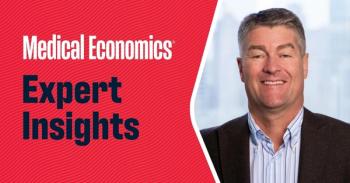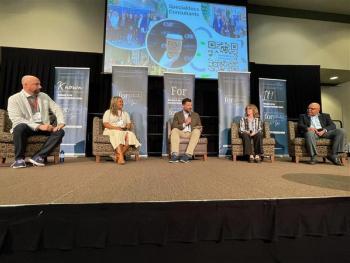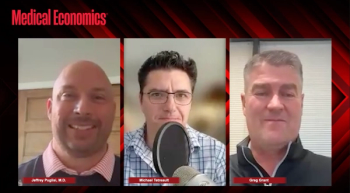
How concierge medicine saved my life
Concierge medicine has allowed me to decrease my stress level from crushing and hopeless to busy but manageable.
Transitioning to concierge medicine probably saved my life. That is a dramatic thing to say, but I think it is true. I was in a traditional internal medicine practice owned by a large regional medical system. As is typical, they had rapidly growing administrative staff and salaries and an overabundance of managers. To pay for that, there was constant push to see more patients in less time, and there were cuts to our compensation despite the increased workload. All of this, coupled with a cumbersome electronic health record that mostly helped the system, was a recipe for disaster.
I was staying up very late many nights trying in vain to finish charts. I had no time for exercise and drank too much coffee. I had a syncopal episode at work from fatigue, was carried out of my office and taken by ambulance to the local emergency department. The only response from management was a call from a midlevel manager asking if I would be back at work the next day. I also was reminded that, despite working for them, I had no workers’ compensation benefits. I was on my own. In an unhealthy way, I then worked harder to try to get things done. This did not work, but the push from above continued. As a senior physician in my practice, I felt it my responsibility to push back, both for providers and patients. I eventually found myself learning the now obvious truth that an employed physician can suddenly become an unemployed physician. I was shown the door.
I already had begun looking into concierge medicine, including signing up for the Concierge Medicine Today conference. I left that conference partnered with Cypress Physicians to help me set up my new practice. After two months of intense work, along with my wife (a nurse practitioner), we opened our new concierge practice.
Whenever someone looks into concierge medicine, there is a worry: Will it be successful? We quickly found out that there were many former and new patients glad to join. They felt that the calmer pace, personal interactions and family friendly feel of the practice were what they needed. This collaborative relationship was a nice fit for them and for me. Previously, I was about five months out for scheduling physical exams. Now most can be scheduled in a week or two, and same day for most acute problems. My patients have my cell number, and I encourage them to call if needed. Even that has been enjoyable, as they usually only call when necessary.
Taking care of patients has become enjoyable again. When COVID-19 hit, we found that our personal relationship with the patients fit well with their unique needs. The smaller office also allowed us to care for them and protect ourselves in a safer, less-exposed environment.
Concierge medicine has allowed me to decrease my stress level from crushing and hopeless to busy but manageable. I have started exercising and sleeping again. I have lost 40 pounds and no longer eat antacids like candy. I am a happier person at home and at the office. My wife and I decided early that we could make this practice fit our family needs. We have a playroom for our children at the office for when they need to be there. Our 8-year-old daughter has some “duties” around the office, which teaches her good work habits. A physician from my former practice started her own concierge practice and we share office space. Since we make all of the decisions, our overhead is lower than before, but our office is nicer.
Changing to concierge medicine has given me a new lease on life, improved my health and brought back my love of medicine. An unsustainable level of stress and horrible health habits have been transformed, allowing me a better balance between work and home. My home life is now a part of my work life, benefiting me, my family and my patients. I am taking better care of my patients. I am not answering to a large corporate entity that does not seem to care about individual patients or providers. I hope to be able to continue this type of practice for years to come.
Mitchell Huebner, M.D., is an internist practicing in Dallas, Texas.
Newsletter
Stay informed and empowered with Medical Economics enewsletter, delivering expert insights, financial strategies, practice management tips and technology trends — tailored for today’s physicians.






